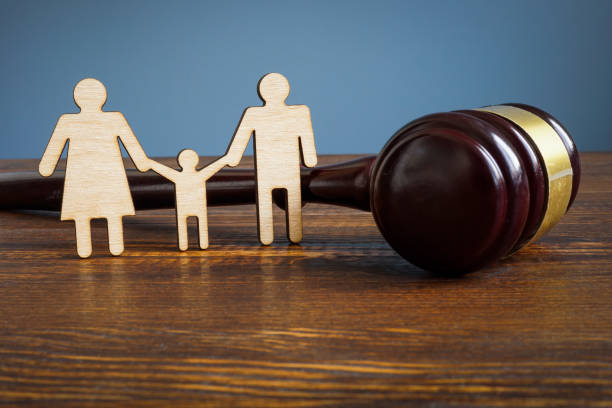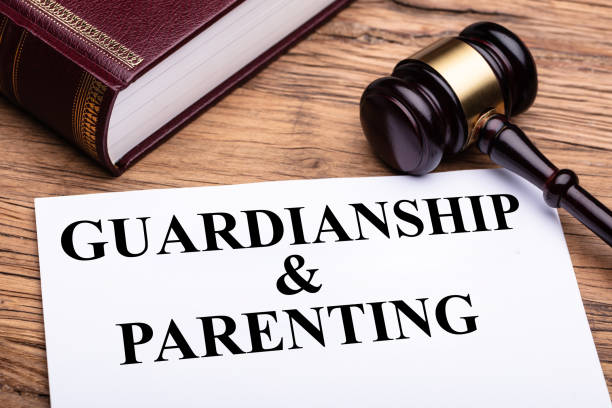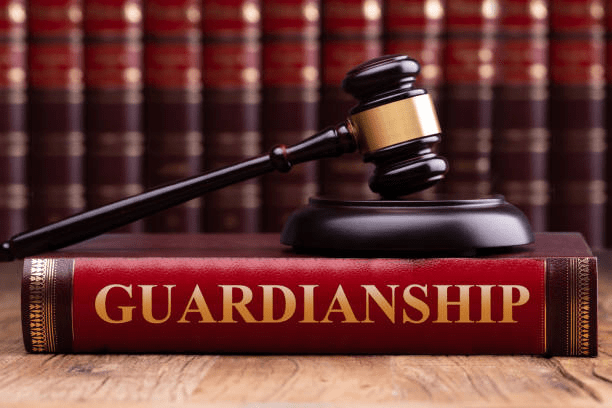How to become a legal guardian in NSW? Generally, the Children’s Court makes a guardianship order for a child to remain in the care of their private guardian or financial manager until they turn 18 or until the Children’s Court changes the order.
A guardian is not able to make any decisions about money or other financial affairs. They can only do so if they are also legally appointed to be the person’s attorney under the powers of an Enduring Power of Attorney or private financial manager.
Until the child turns 18, the guardian has full care and responsibility over the child’s needs. A legal or enduring guardian also makes decisions about their health and education, among other relevant matters.
This article discusses how to become a legal guardian in New South Wales (NSW).
Legal Guardianship in NSW
In NSW, parties can apply for a guardianship order through the Children’s Court under the Children and Young Persons (Care and Protection) Act 1998.
The Court makes guardianship orders to place a child under 18 years of age into the independent care of a person other than their biological parents by transferring parental responsibility of the child to the intended guardian.
Courts make these Orders as an alternative to foster care. It can also be made in circumstances where the Court decides that it is not safe for a child to live with their parents. Guardianship orders stay in effect until the child reaches 18 years of age, unless there has been a significant change in circumstances.
Significantly, unlike adoption, guardianship orders do not sever the legal ties of a child to their biological parents. Hence, the child can still maintain contact with their parents and/or another family member if the Children’s Court deems it appropriate.
Who Can Become a Legal Guardian in NSW?
The following persons can apply for legal guardianship:
- a relative or kinship carer,
- a family friend,
- an authorised carer who has an established and positive relationship with the child, or
- a person who has an established and positive relationship with the child or young person, but who has not previously been assessed as a carer.
Criteria on How to Become a Legal Guardian in NSW
The guardian appointed needs to demonstrate they have:
- The ability to independently meet the long term needs of the child without the case management and supervision from Communities and Justice (DCJ) or a home care agency,
- A network of family and friends who can provide support and the capacity to meet the needs of the child with limited financial support,
- An established and positive relationship with the child and an understanding that the needs of the child or young person will change over time,
- An understanding of the child’s past trauma experience, and how they will manage its potential impact on the child’s longer term development,
- The capacity to understand the child’s identity and their role in supporting the child or through life,
- The capacity to meet the child’s ongoing cultural needs,
- The capacity to establish and maintain a safe and respectful approach with the child’s parents, siblings and significant others,
- The capacity and willingness to arrange, coordinate and, where required, supervise safe contact with the child’s family and ability to negotiate through difficulties that may emerge, and
- Adequate and safe accommodation for a child, and
- Great decision making disability
Note:
The NSW Civil & Administrative Tribunal (NCAT) can also appoint a guardian of its own initiative. After an application is lodged, parties will be given notice of a hearing date. At the hearing, NCAT will hear evidence and consider the written information provided.

How to Become a Legal Guardian: The Process
Assessment
The applicant needs to provide the following:
- Evidence of financial capacity to support the child or young person into adulthood,
- Successful outcomes from completed suitability checks for applicants and household members,
- Medical evidence confirming they don’t have physical and/or mental illness so they can care for the child until they are 18 years of age, and
- Personal references from two people who can comment on the suitability of the prospective applicant to care for the child.
Interviews
The applicant will face a series of interviews, including interviews with the child, their parents, and family members. Any other children and other people living in the applicants’ home may also be interviewed. The interviews cover various topics, including the following:
- the applicant’s family background and relationships,
- the applicant’s relationship with the child and their parents,
- the applicant’s knowledge of the child’s past trauma experience and the impacts it may case,
- the applicant’s understanding of the long-term needs of the child, and
- how the applicant plans to meet the child’s needs such as medical and dental treatment
Home Inspection
A home inspection will then be undertaken to assess the safety and suitability of the home.
The Guardianship Assessment Report and Suitability Statement
After the assessment, interviews, and home inspection, the DCJ or a caseworker of a home agency puts together a guardianship assessment report including a recommendation of whether a guardianship order is assessed as being in the best interests of the child or young person.
The caseworker will then discuss the outcome of the guardianship assessment report with the applicant and send a letter confirming the outcome of the assessment. If the application is declined, the reasons for declining the application will be provided. The applicant has a right to apply to have the decision reviewed.
A guardianship suitability statement will then be prepared for the Children’s Court and a copy provided to all parties concerned. The guardianship assessment report and suitability statement guides the Court’s decisions about whether a guardianship order is the best option to meet the needs of the child.
The Court’s Decision
Ultimately, the Children’s Court makes the final decision about a guardianship order for a child or young person.
The Children’s Court only makes guardianship orders if it is satisfied that:
- There is no possibility of a child or young person returning to the care of their biological parents,
- The person applying to be a guardian will provide a safe, nurturing, stable and secure environment for the child,
- Written consent is given by the child if they are aged 12 years or older and have the capacity to provide consent, and
- If the child is of Aboriginal or Torres Strait Islander descent, their placement follows the appropriate placement principles.

Seeking Legal Advice on How to Become a Legal Guardian
This article provides general information on how to become a legal guardian in NSW. Perhaps you have been wanting to be a legal guardian to a child that matters to you, but you are wondering what more needs to be done on how to become a legal guardian.
JB Solicitors has a leading team of lawyers who can help with your legal matter. We can offer legal advice to your case and ensure your application becomes successful. We can advise you on how to become a legal guardian.
Do you have any more queries on how to become a legal guardian? Contact us today.
